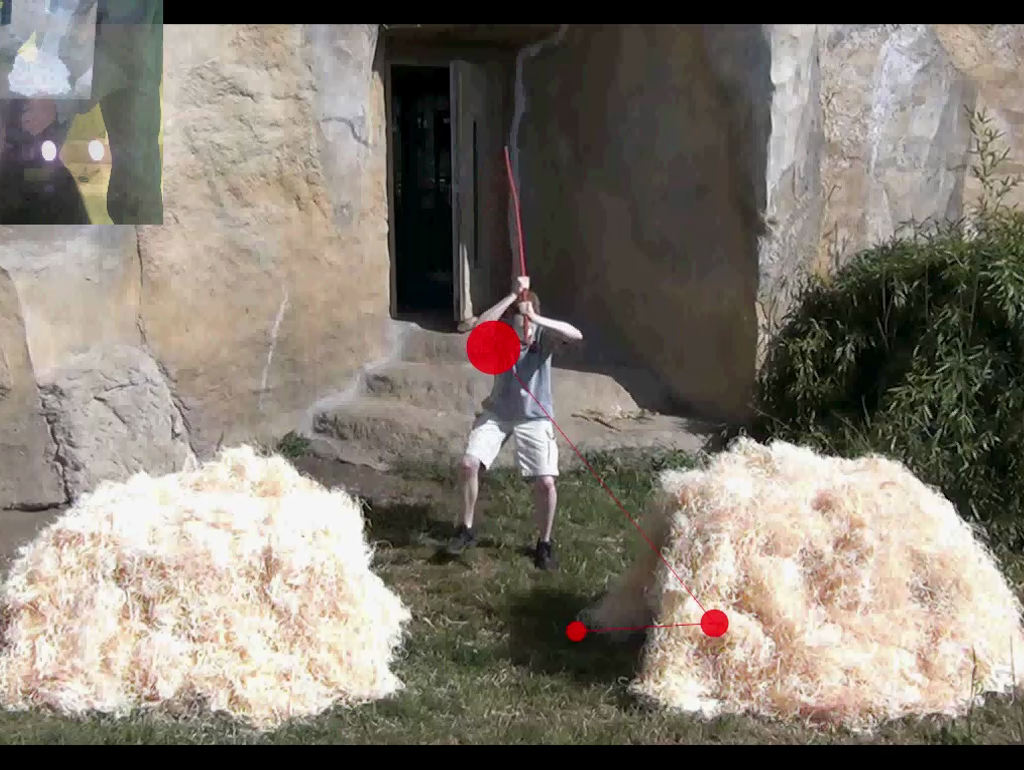Click here and press the right key for the next slide.
(This may not work on mobile or ipad. You can try using chrome or firefox, but even that may fail. Sorry.)
also ...
Press the left key to go backwards (or swipe right)
Press n to toggle whether notes are shown (or add '?notes' to the url before the #)
Press m or double tap to slide thumbnails (menu)
Press ? at any time to show the keyboard shortcuts
Mindreading Chimpanzees?

Mindreading Chimpanzees?
[email protected]

apes track beliefs
(e.g. Krachun et al, 2009; Krupenye et al, 2017)
Premack & Woodruff, 1978 p. 515
apes track beliefs ∴ they are mindreaders ?
| track | by representing |
| toxicity | odour |
| visibility | line-of-sight |
belief | ? |
Q1
How do observations about tracking support conclusions about representing models?
Q2
Why are there dissociations in nonhuman apes’, human infants’ and human adults’ performance on belief-tracking tasks?
second complication : dissociations in performance
‘the present evidence may constitute an implicit understanding of belief’
Krupenye et al, 2016 p. 113
| study | type | success? |
| Call et al, 1999 | object choice (coop) | fail |
| Krachun et al, 2009 | ‘chimp chess’ (competitive, action) | fail |
| Krachun et al, 2009 | ‘chimp chess’ (competitive, gaze) | pass A, fail B |
| Krachun et al, 2010 | change of contents | fail |
| Krupenye et al, 2017 | anticipatory looking (2 scenarios) | pass both |
Q1
How do observations about tracking support conclusions about representing models?
Q2
Why are there dissociations in nonhuman apes’, human infants’ and human adults’ performance on belief-tracking tasks?